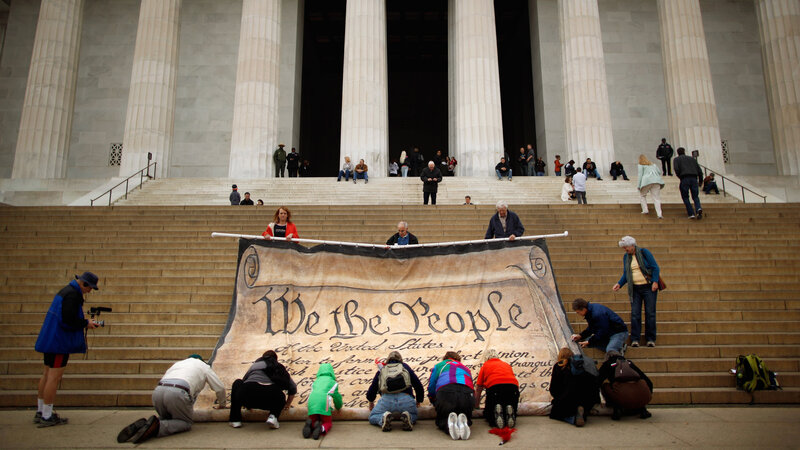Windship
VIP Member
- May 27, 2014
- 3,096
- 131
- 85
We have been made "persona non grata. Corporations have had their coups d'etat in slow motion. They own our politicians AND our courts. How else can a corporation be deemed a person...or money be free speech! Jesus man!
 The corporations are in control and the population has been rendered impetant. We no longer matter and they're not afraid of us anymore. How else can they pass law and policy with 60, 70 and 80% opposed by the public and still pass them? Elections are a sad joke. The only thing that will make them afraid of us again is protest and civil disobedience. Democracy and true liberalism is dead and gone.
The corporations are in control and the population has been rendered impetant. We no longer matter and they're not afraid of us anymore. How else can they pass law and policy with 60, 70 and 80% opposed by the public and still pass them? Elections are a sad joke. The only thing that will make them afraid of us again is protest and civil disobedience. Democracy and true liberalism is dead and gone.
Everyone knows about this phenomenon but when shown facts? ...will deny it rabidly.

Everyone knows about this phenomenon but when shown facts? ...will deny it rabidly.



 If Corporations Are People, They Should Act Like It
If Corporations Are People, They Should Act Like It